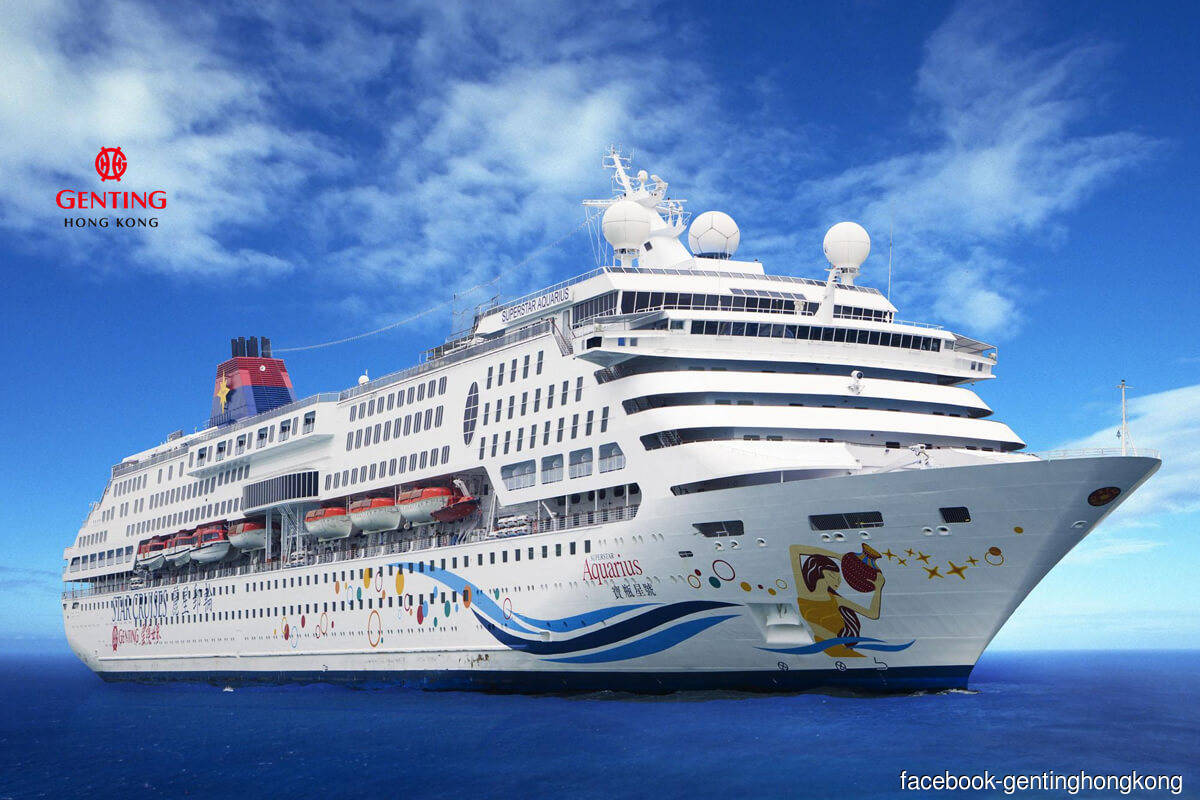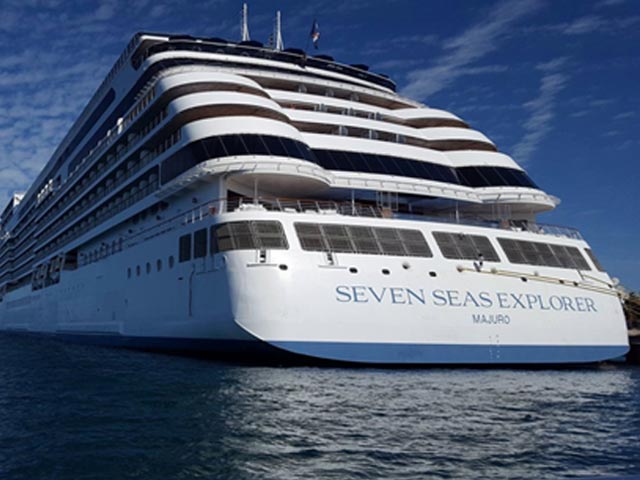
Quarantined cruise ships must follow certain steps. To prevent any contamination, you should identify routes of respiratory transmission. Antigen testing and isolation should stop if the NAAT repeat test results are negative or indicate another infectious cause.
Antigen testing should be discontinued if the repeat NAAT result is negative
Negative results on antigen tests do not necessarily rule out the possibility that you are infected. Although it is highly specific, it is also important to remember that false negative results can occur even in a low-prevalence setting. If an antigen test result comes back negative, it is important that you follow the standard transmission prevention procedures. It is also important to understand that negative antigen tests should not be used as an excuse for the failure to use standard transmission prevention practices.
In some cases, an antigen test may give a false positive result if the specimen is collected prior to the onset of symptoms. The reason for this is that the viral load is high during these early stages of the disease. It is important to perform a more sensitive test in such cases.
Limit your exposure to soiled towels or linens
In cruise ship quarantine it is important not to allow infected people to touch soiled linens, towels, or linens. Protective equipment such as masks and face shields should be used. PPE is also recommended for medical personnel and crew working with soiled sheets. To reduce the exposure risk, the CDC has issued interim guidance to ships. The CDC recommends that cruise ships wait at least 24 hour before cleaning their cabins or washing laundry. They also advise not to shake dirty linens and towels to reduce the risk of spreading the virus through the air. Additionally, the crew members who have been infected or quarantined should wash and dry their linens and towels using coronavirus-resistant detergents.

Routine testing is required for anyone who has COVID-19 symptoms or close relatives. The traveler should not only be tested for the disease but also remain in a cabin with a locked door. Cruise ship operators should also test new crew members for COVID at embarkation and within three to five days following the voyage. During this period, crew members should wear masks when not in their cabins. Individuals who are positive for the disease should be isolated for at minimum one week or until their release criteria have been met.
FAQ
What does cruising look like?
You pay a deposit of $50-$100 when you reserve a cabin on a cruise. Your balance is due 30 days before departure. Check into your cabin when you arrive at the port. Afterward, you may participate in one of the many onboard activities.
What is a cruise vacation like?
An all-inclusive vacation on a cruise ship is the best description. You are taken care of at all times. You have access to everything, from entertainment, restaurants, spas, activities, and excursions. It's not only a place to rest and eat, but also a chance to have fun and relax. All you have to bring is your senses of adventure.
How do I choose the right cruise line?
It's simple to choose the right line of cruise. First, determine the type of cruise line you wish to take. Do you prefer a smaller cruise with fewer passengers or one with more? Next, consider how much you are willing to spend. You might be interested in cruises that include all-inclusive options if you are looking for something cheaper. This will mean that you won't need to pay extra for meals, drinks, entertainment or other amenities. Make sure you have good family programs in place if your family is planning a cruise.
Are cruise ships safe?
Yes, cruise ships can be very safe to travel on. Most cruise ships are equipped with state-of-the-art technology and security systems. Cruise ships must also comply with strict safety standards. All crew members undergo extensive training and are required to pass background checks. Passengers are screened upon boarding the ship. Some cruise lines require passengers show proof that they have been vaccinated against certain diseases. If you ever have concerns about your safety while on board, contact the cruise line's customer relations department immediately.
What is the travel time to the port?
The distance between the port, the ship's speed, and other factors affect the time it takes to get to the port. Some ships dock close to shore to allow them to quickly unload passengers. Some ships dock farther from the shore, which means it takes longer for them to arrive.
Statistics
- You can save 15% off the total price if you book in advance of your trip. (travel.usnews.com)
- If you're traveling alone, you may also need to factor in a single supplement, adding up to as much as 100% of the cruise fare. (travel.usnews.com)
- The line estimates savings of 50% when you purchase this bundle. (travel.usnews.com)
- For an example of savings, Royal Caribbean offers up to a 40% discount with a dining package. (travel.usnews.com)
External Links
How To
How to stay safe while on a cruise ship
Before you embark on your cruise, there are many things that you need to know. It is essential that you know how to behave while onboard a cruise ship so you don’t get into trouble. These safety tips will ensure that you have a safe trip.
-
Pay attention to your surroundings at all costs. People often gather onboard cruise ships to share meals. It's easy to become distracted from your duties because you're surrounded by people who want to chat and eat. You shouldn't allow this to distract you away from the important things you need to do. If you spot someone using dangerous substances, such as smoking or alcohol, let them know politely.
-
Your room key should always be with you on board the ship. You'll be easily found if something happens. Make sure you have your passport handy too.
-
Your valuables should be kept out of reach. Most cabins come equipped with drawers under the bed. It's a great spot to store money, passports, and credit cards. You should also make sure that nothing of value is visible. You should keep your bags hidden away from others.
-
Keep hydrated. It can be hard to remember that cruise ships provide ample water. You can take advantage of the complimentary bottled water onboard. Avoid becoming dehydrated. Dehydration makes you tired and cranky, leading to fights or accidents.
-
Always pay attention to announcements. Announcements are displayed everywhere, including on TV screens. These announcements include safety procedures, emergency exits and weather reports. These announcements need to be taken seriously. They might save your life!
-
Never leave your cabin unlocked. No matter how helpful a crew member appears, you should never leave your cabin unlocked. Unlocked doors are often used by thieves to gain entry. Ask a crew member first if you need to use the bathroom.
-
Avoid falling overboard alone. It may take time for the crew of the ship to rescue you if you fall overboard. In the meantime, sharks and other sea creatures may be attracted to your body. It's best to wait until help arrives.
-
You should not smoke in an elevator. These elevators are pressurized and smoke can build up quickly. You should immediately get off if you feel dizzy, lightheaded or confused. Although the air outside may be fresh, that doesn't mean your breathing is safe.
-
Be familiar with the evacuation procedures. Each year, thousands of people die after being trapped in elevators. Follow the screen's instructions if an emergency happens.
-
Be familiar with the fire drill. Fire drills are held regularly, often once per day. Everyone on deck needs to evacuate during a drill. Follow the directions given by the crew members. Once the drill is complete, go back to your cabin and lock the door.
-
Ask questions before you accept food or drink. Cruisers frequently experience food poisoning. Many people don’t know that certain foods may not be safe to consume while aboard a cruise ship. Raw oysters, for example, are not allowed on most cruise ships. If you aren't sure if the food being offered to you is safe, politely decline and choose another meal.
-
Be careful when using the pool. There have been many cases of passengers falling into the pools accidentally. Do not be alarmed if you fall in the pool. It's also possible to slip and fall on deck at any time. Always wear appropriate footwear and pay close attention to what's around you.